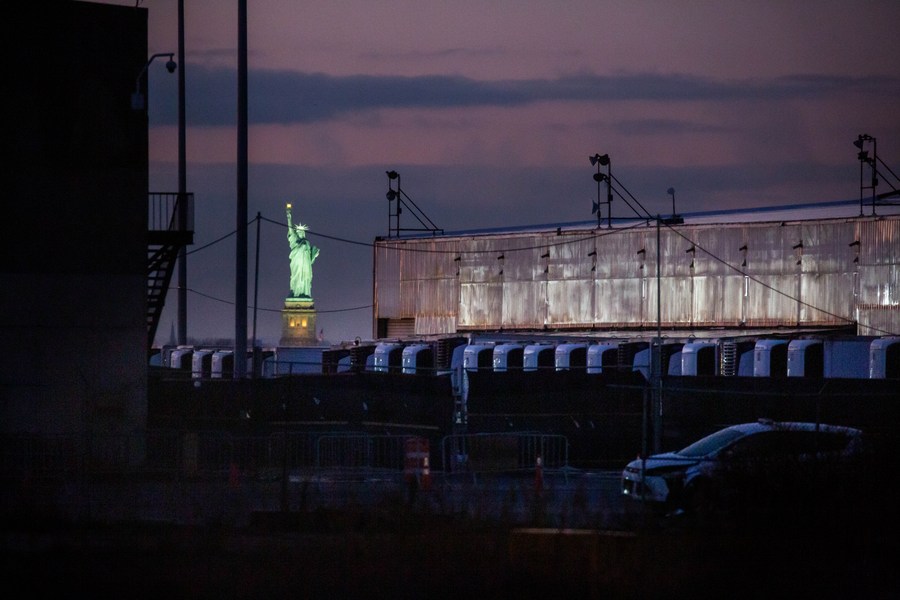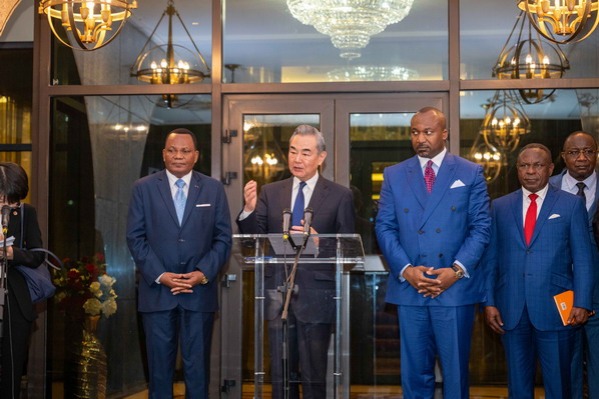Strategic misjudgments, military interventions doom US 'war on terror' after 9/11


LESSONS TO BE DRAWN
"Looking ahead, when the next terrorist attacks come, will presidents be able to channel public demand for revenge by precise targeting, explaining the trap that terrorists set for us, and focusing on creating resilience in American responses?" Nye said.
"Twenty years after 9/11, these are the lessons we should be learning and the plans we should be making," he stressed.
As a counterfactual history of the past 20 years, imagine what the world would be like if (former) President Bush had avoided the tempting rallying cry of a global war on terror and responded to 9/11 by carefully selected military strikes combined with good intelligence and diplomacy, he suggested.
US intelligence had failed to prevent the 9/11 attacks, analysts and historians said, because the US intelligence community had failed to share information between various agencies.
As global security threats remain, the need for cooperation among major powers has become more urgent in order to effectively address such challenges as climate change and communicable disease, Courtney said.
According to Gupta, "two fundamental lessons" need to be drawn from the last two decades for better global governance.
First, "the age when America's shoulders were broad enough to carry the world economy and maintain global order single-handedly is decisively over," Gupta said.
"This requires all parties to rededicate themselves once again to a UN-centered global system," with more responsibility on major countries to make cooperation a success, he explained.
Second, global challenges like climate change and the COVID-19 pandemic require global solutions, he added. "At a time of flux in the international system, it is difficult to muster this cooperation -- given disagreements about the distribution of benefits and burdens."
"Yet, lacking this cooperation, all parties will decidedly be far worse off," he said. "And hence the systemic order must find ways to avoid the 'Kindleburger Trap' and instead ensure that the major incumbent powers and the major emerging powers, in concert and individually, provide their fair share of global public goods."

































